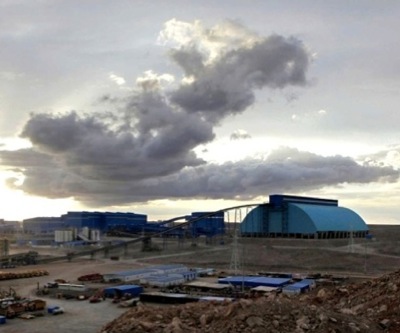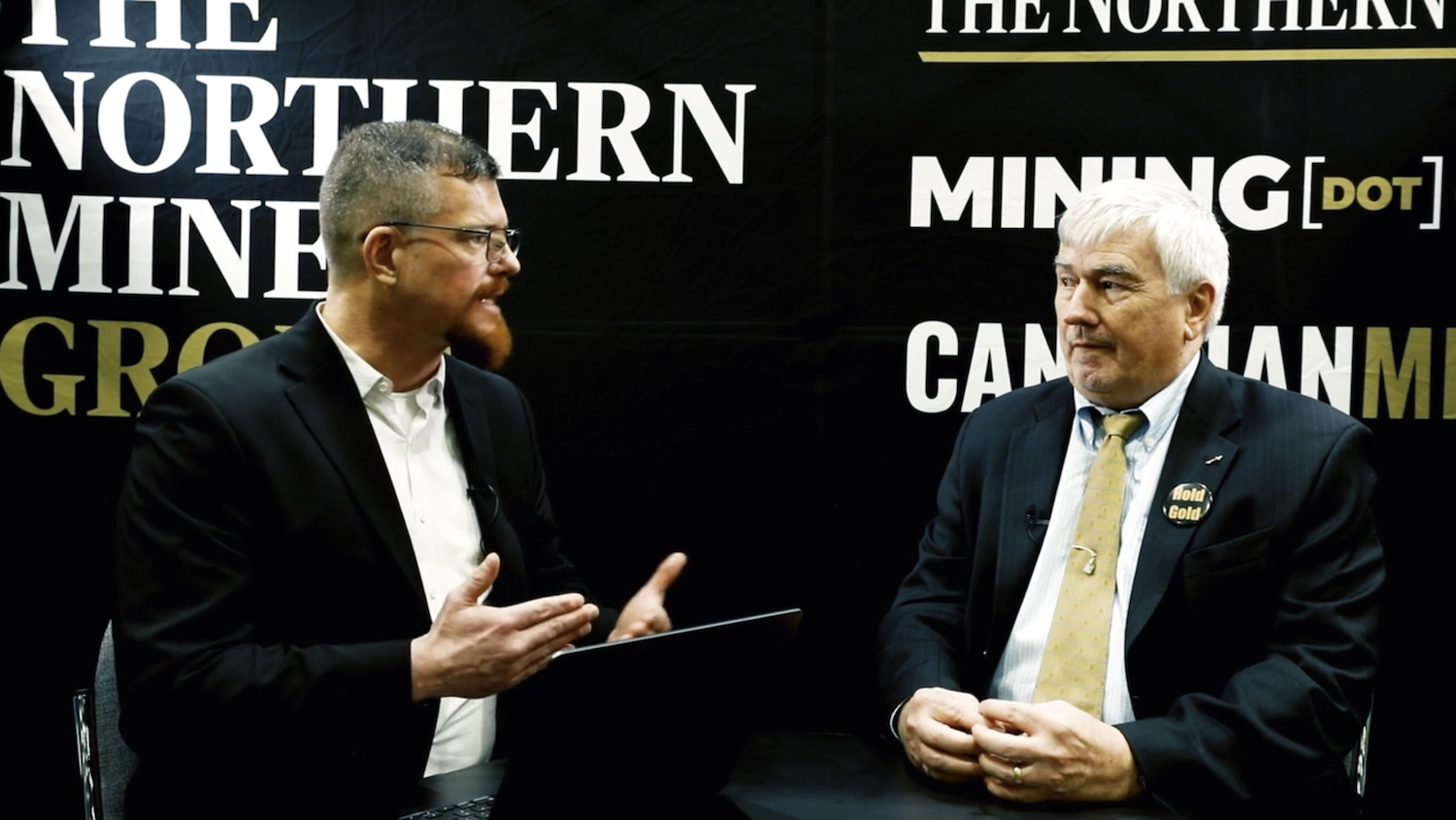Turquoise Hill jumps on 2016 guidance

Shares in Turquoise Hill Resources (TSE,NYSE:TRQ) jumped nearly 5% in early trade on Wednesday after the company announced 2016 production and financial guidance for its Oyu Tolgoi copper-gold mine in Mongolia.
By early afternoon Turquoise Hill gave up most of those gains but stayed in positive territory affording the company a $4.9 billion market value on the New York Stock Exchange. The stock is down 21% in 2015, broadly in line with the price of its main commodity.
Rio Tinto-controlled Turquoise Hill owns 66% of the massive project in the Gobi Desert and the Mongolian government the rest.
The Vancouver-based company said the Oyu Tolgoi open pit is expected to produce 175,000 to 195,000 tonnes of copper and 210,000 to 260,000 ounces of gold in concentrates for 2016 (the mine also produces small quantities of silver).
The reduction in gold compared to 2015 is the result of mining in lower-grade gold areas and processing lower-grade stockpiled ore according to the company which added that the majority of 2016 gold production is expected in the first half of the year.
Operating cash costs for 2016 are expected to be approximately $800 million, lower than previous guidance. Turquoise Hill said capital expenditures for 2016 on a cash-basis are expected to be approximately $300 million, of which approximately $280 million relates to sustaining capital.
Capex costs exclude ongoing work relating to an underground expansion. Turquoise Hill said it will provide capital guidance for 2016 once a final ‘notice to proceed’ has been received.
Rio Tinto, which owns just over half of Turquoise Hill, is close to making a final decision on the $5 billion-plus underground development that would significantly increase Rio’s exposure to copper, while reducing its reliance on iron ore.
Oyu Tolgoi phase II is a truly giant project – the latest feasibility study including the underground expansion shows recoverable copper of 25 billion pounds, 12 million ounces of gold and 78 million ounces of silver over a mine life of 41 years.
Melbourne-based Rio announced yesterday it is on track to spend $500 million less this year on capex projects and will reduce its 2016 budget by around $1 billion to $5 billion.
{{ commodity.name }}
{{ post.title }}
{{ post.date }}




Comments